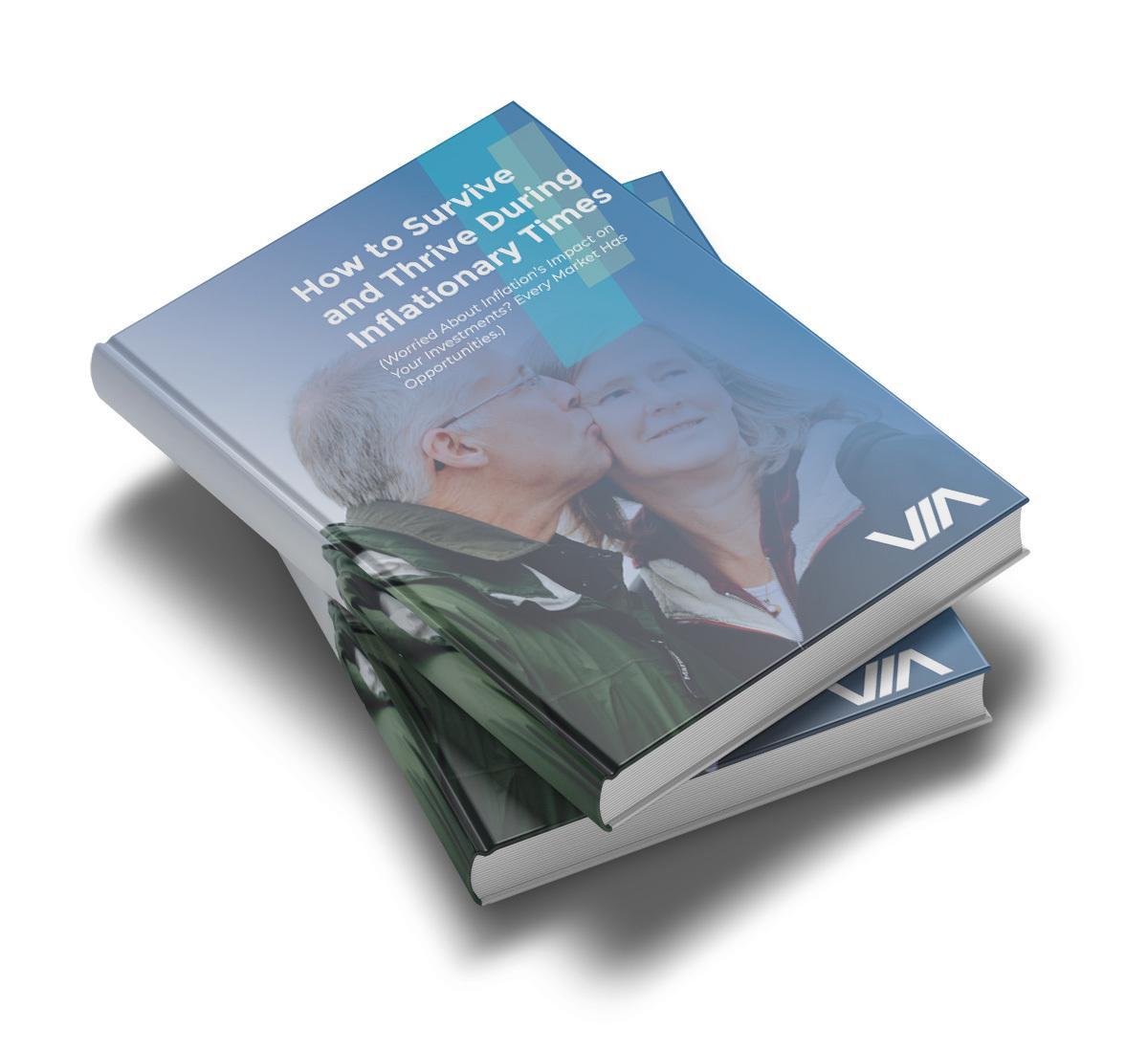

The Benefits of Working With a Fiduciary Financial Advisor: How To Avoid Being Too Overconfident With Your Investment Portfolio
Confidence is great, but overconfidence may be costly. Trust in your abilities can land you a better job, propel your business, secure relationships, and win you awards. If life is in any way similar to a game of Chutes and Ladders, confidence helps you climb up the ladders toward the finish line—while overconfidence makes you vulnerable to a slippery slide back down the board.
In investing, confidence helps you take risks. However, overconfidence makes you vulnerable to excessive potential risk in several ways. To understand this tendency and learn how to avoid it, this article looks at three behavioral finance biases, including overconfidence bias, self-attribution, and hindsight bias.
Overconfidence Bias
Have you ever overestimated how much you could accomplish in a day? How about underestimating the time or skill it might take to finish a project? These are common scenarios and can be due to a pitfall identified in behavioral finance called overconfidence bias.
What is overconfidence bias? It is a natural human tendency in which a person overestimates their abilities. It might cause a 16-year-old to consider himself an expert driver or an investor to assume everything he touches turns to gold because the market has been going up.
Overconfidence Can Lead to Frequent Trading
In finance, overconfidence bias drives people and the market to do illogical things. For example, someone with overconfidence in their ability to predict or time the market might make a lot more trades. Frequent trading and efforts to time the market work sometimes, but over the long term, have been proven to underperform the market itself.
Even the smartest, most informed traders only beat the market sometimes (and many try and fail). When you add trading fees and taxes into the mix, it is easy to see how overconfidence can lead to underperformance.
To avoid this trap of overconfidence bias, we recommend creating a plan with your Kansas City financial advisor and adhering to it. Don’t rush into portfolio changes. Instead, do the same level of careful review every time.
Overconfidence Can Lead to Over Ranking

Competition is part of life, and it feels great when you measure yourself next to peers and come out ahead. However, while confidence is often justified, sometimes the perception that you are more skilled or capable than other people is a function of overconfidence bias.
An investor who thinks of their abilities as above average may take on excessive risk. If you catch yourself thinking, “I can do it better” while looking at your portfolio options, take a step back and go over the data. You may be right, but it is worth a second look.
Overconfidence Leads to the Illusion of Control
In general, people feel more secure when circumstances are familiar and seem under control. Uncertainty about work, family, finances, or health can all be a significant source of anxiety and worry.
Since most people are considerably more comfortable when they feel in control, they may sometimes imagine they have control over things that are outside of their influence. For example, someone who wears the same lucky shirt every time their team plays participates in an illusion that their actions impact the success of a sports team.
In business or investing, the illusion of control makes investors comfortable with too much risk. They may think they can get out before the market changes. Underestimating risk exposes investors to unnecessary losses.
Overconfidence Leads to Timing Optimism
Timing optimism is the part of overconfidence that says something will be a snap to do or pay off quickly when in fact, it takes many steps, a lot of effort, or a significant time investment. In the market, timing optimism inspires investors to assume their investments will pay off much faster than they actually do.
Overconfidence Leads to the Desirability Effect
Here is where wishful thinking comes into play. “I want it to be; therefore, it will.”
The desirability effect causes investors to overestimate the odds of their desired outcome simply because it’s what they want to happen. Sometimes what we want is what happens in reality, but it is a mistake to assume it always will.
Overconfidence Is a Result of Inexperience
If you are a parent or remember being a kid, you may notice many forms of overconfidence bias are common among children. This is not because they are childish but because they stem from inexperience.
It is impossible to know what you do not know until you know it. Investors can easily overestimate their abilities in a bull market only to learn more about their limitations as the market corrects. This is one critical reason to have an experienced, qualified financial advisor at your side.
Self-Attribution
A second bias that contributes to less-than-sound decision-making is called “self-attribution.” In behavioral finance, self-attribution (or self-serving bias) is the tendency people have to credit themselves for what goes well and blame outside factors for what goes wrong. If you make money in the stock market, you’re a brilliant investor, but if you lose money, it’s the economy to blame.

This is a good way to feel better about things, but an unfortunate trap when it comes to empowered and informed decision-making. We want to learn from our mistakes, but when we blame outside forces, we limit our ability to integrate and grow.
To avoid self-attribution bias, make a conscious effort to give others (at least some) credit when things go well for you. When things go poorly, think about what you might do differently next time.
Hindsight Bias
A third bias that contributes to overconfidence (and even blocks our potential for learning and growth) is called “hindsight bias.” It’s also called the know-it-all bias because it’s the habit some people have of convincing themselves they knew what was going to happen all along.
Your friend who tells you “they always knew” that job or partner was no good for you is quite possibly demonstrating hindsight bias. Especially if they never mentioned anything to you until after the situation was clearly toxic or over.
Internally, hindsight bias is comforting. It helps a person feel more in control in a world that is largely out of their jurisdiction. However, it also blocks improvement, growth, and new understandings.
Since hindsight bias is revisionary, the best way to avoid its trap is to examine your thought process. Examine the data, review your decision process, and think about other things that could have happened. This way, your brain can get out of the “this had to happen” or “I knew this would happen” mindset and into a broader understanding of events.
Fear of Being Wrong Is Beneficial in Investing
While confidence is a strength in most situations, it tends to be a weakness in investing. Markets are complex and constantly changing. It takes careful risk management and critical thinking to stay on top of market conditions and consistently make wise and fruitful choices.
There are a few ways to avoid overconfidence bias, including:
- Always considering the worst-case scenario
- Documenting and reviewing your investment record over extended periods (as well as recently)
- Slowing down your thought process before taking action
- Consulting with experts, including your Kansas City financial advisor
If you have any questions about the value of financial planning or would like to have a second opinion portfolio review, our dedicated financial advisors are here to help.


